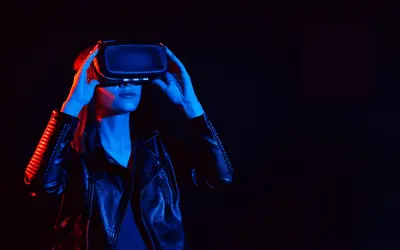Extended Reality (XR) is an umbrella term that encompasses Virtual Reality (VR), Augmented Reality (AR), and Mixed Reality (MR), representing a broad spectrum of immersive technologies that blend the physical and digital worlds. These technologies are transforming how we interact with our environment, offering new ways to experience entertainment, conduct business, and enhance education. By overlaying digital information onto the physical world (AR), creating entirely virtual environments (VR), or merging real and virtual elements (MR), XR is redefining the boundaries of reality and expanding our capabilities to interact with information.

In the entertainment industry, XR is revolutionizing gaming and filmmaking by providing immersive experiences that place users at the center of the action. For instance, VR headsets transport users to fully virtual worlds, where they can interact with digital environments in real time. AR applications, on the other hand, enhance live experiences by overlaying digital content onto the physical world, as seen in popular apps like Pokémon GO. Mixed Reality (MR) combines the best of both VR and AR, allowing users to interact with digital and physical objects simultaneously, creating a blended experience that is both immersive and interactive.
Beyond entertainment, XR is making significant strides in industries such as healthcare, education, and manufacturing. In healthcare, XR technologies are used for surgical simulations, allowing doctors to practice complex procedures in a risk-free virtual environment. In education, AR and VR provide interactive learning experiences, making subjects like history and science more engaging and accessible. In manufacturing, MR is used for design and prototyping, enabling engineers to visualize and manipulate 3D models in a mixed-reality space. As XR technologies continue to evolve, they hold the potential to further transform how we live, work, and play, offering immersive experiences that were once the stuff of science fiction.
In conclusion, Extended Reality (XR) represents the future of immersive technologies, offering new ways to interact with the world around us. By blending the physical and digital realms, XR has the potential to revolutionize various industries and enhance our daily lives. As these technologies continue to advance, the possibilities for creating more immersive, interactive, and meaningful experiences are virtually limitless.
